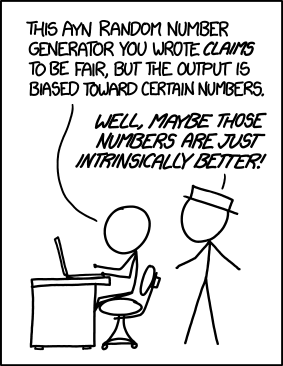When Trump was elected, and for many months following, people kept on talking about why he was elected. What caused it? This conversation irritates me deeply, because people lack a base-level understanding of what causation is. But I’ve waited to say anything because I thought it might be too crass to insert a philosophical discussion into a political one, at least while it was still hot.
Cause and effect is often thought to be a fundamental part of the way the world works, but I and other physicists understand that it is not. For a brief explanation, I recommend this video by Sean Carroll. It is better to think of causality as an emergent property, more in the realm of philosophy than physics.
What does physics have to say about the cause of Trump’s election? It’s everything in Trump’s past lightcone! It was the DNC, it was Clinton, it was Comey, it was Russia, it was neoliberalism, it was identity politics, it was ancient supernovae. This answer is rather naive, but what did you expect from us? Physics can’t provide all the answers.
When we talk about causes, we’re typically just selecting a few things from the past lightcone, and highlighting those things as important. In philosophy, this is known as causal selection. Sean Carroll talks a little bit about causal selection. He says that one way of thinking about it is that a cause is something that has great leverage over the future. But that’s just one way we might think about it.


 Somebody managed to capture the dove. This photo is on the edge of the crowd so it doesn’t tell you how big it was. From
Somebody managed to capture the dove. This photo is on the edge of the crowd so it doesn’t tell you how big it was. From